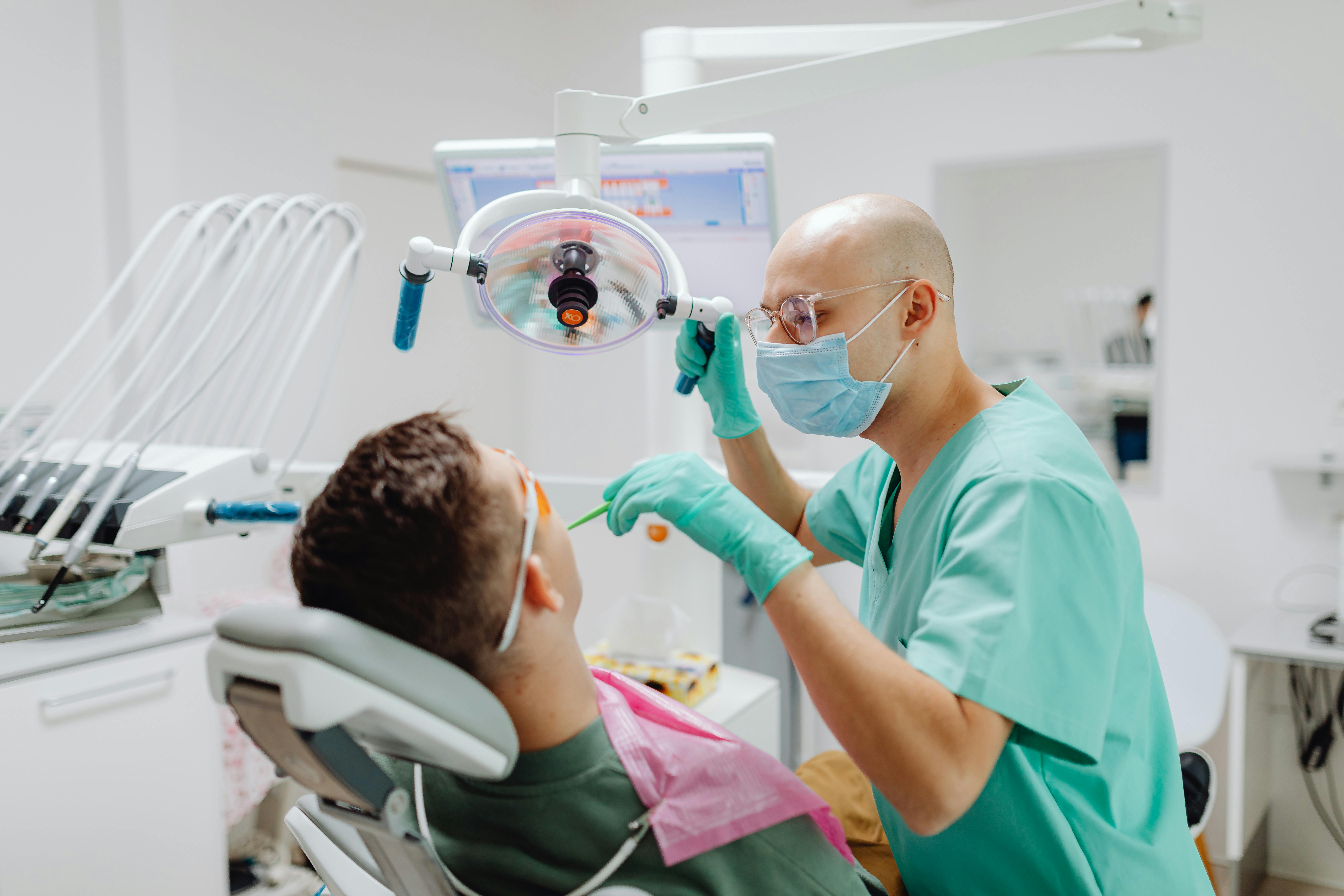All on 4 dental implants are an innovative solution for patients who have missing or damaged teeth. However, if you’re considering All on 4 implants, it’s important to choose a reputable clinic to ensure that you receive high-quality treatment and excellent results. Fortunately, there are several ways that you can evaluate an All on 4 clinic in Sydney. Before making your choice, consider the following seven aspects:
-
How Well Qualified is Your All on 4 Dentist?
An All on 4 dentist, like any other, must have a degree in dentistry from an accredited dental school. Furthermore, to provide All on 4 treatment, they should have additional training in implant dentistry, including specialised training in the All on 4 technique. While dentists can complete relatively short courses that technically qualify them to offer dental implant treatments, this doesn’t mean they’re highly qualified. Instead, it pays to look for an All on 4 dentist that has taken intensive postgraduate courses and can demonstrate proficiency in the clinical, theoretical and practical aspects of dental implant treatment.
-
How Much Experience Does Your All on 4 Dentist Have?
An experienced All on 4 dentist will have performed the procedure many times, have a deep understanding of the techniques, technologies and materials required to deliver a successful outcome, have encountered a wide range of potential complications and will be well-equipped to handle any issues that may arise during or after the procedure. Additionally, an experienced All on 4 dentist will have a proven track record of success, with a high rate of patient satisfaction and excellent clinical outcomes.
-
Is Your All on 4 Dentist Cosmetically or Surgically Trained?
There are two types of dentist who can perform the All on 4 treatment. Cosmetically-trained dentists will focus heavily on the aesthetic implications of your implants and ensure your smile looks perfect. On the other hand, surgically-trained dentists will ensure your implants are placed precisely and will focus on the long-term results. The problem is that you really need both. By finding an All on 4 dentist with the right combination of skills, you’ll minimise the risk of anything going wrong and ensure the success of your treatment.
-
Does the All on 4 Clinic Have Access to Advanced Technology?
All on 4 dental implant procedures require advanced technology to ensure a successful outcome. Computed guided surgery, 3D imaging, and digital impressions help ensure precise placement of the dental implants and enable patients to visualise the end result before treatment begins. Utilizing advanced technology, All on 4 dentists can craft personalized restorations that cater to the distinct needs of every patient, ultimately yielding a final outcome that is both more natural-looking and comfortable.
-
Will a Treatment Coordinator Oversee Your All on 4 Treatment?
A treatment coordinator plays an important role in the All on 4 dental implant treatment process by helping you to navigate the various stages of the treatment and ensuring that you have a clear understanding of what to expect at each step. With a treatment coordinator’s support, you’ll have a better opportunity to make informed decisions about your treatment, easily schedule appointments, and have someone available to answer your questions and provide reassurance throughout the process.

-
Does the All on 4 Clinic Offer Sleep Dentistry?
Sleep dentistry, also known as sedation dentistry, can help you to relax and feel more comfortable during the All on 4 dental implant procedure. The technique uses a unique combination of medications that will put you in a dream-like state throughout. This can be particularly beneficial if you’re anxious or nervous about dental procedures or have difficulty sitting still for an extended period of time. By looking for a dentist that is able to administer IV sedation, you can have your All on 4 surgery in-house and hardly remember a thing.
-
Can Your All on 4 Clinic Help You Manage the Cost of Treatment?
When it comes to All on 4 treatment, keep in mind that the cheapest option may not always be the best option. Instead of looking for the cheapest provider, find out whether your All on 4 clinic can offer payment plans to spread out the cost of the All on 4 treatment over a period of months or years. That way, you can get the treatment you need with an experienced and highly qualified All on 4 dentist sooner rather than later and save money in the long run.
Choosing the right All on 4 clinic in Sydney is essential to ensure that you receive high-quality treatment and achieve the best possible outcome. Make sure you consider the expertise and experience of your All on 4 dentist, what advanced technology will be used and what support you’ll be offered. With careful consideration and research, you can find the right All on 4 clinic in Sydney to restore your smile and your confidence.
This article first appeared on Bexley Dental!
The post 7 Ways to Evaluate an All on 4 Clinic in Sydney appeared first on Bexley Dental.
